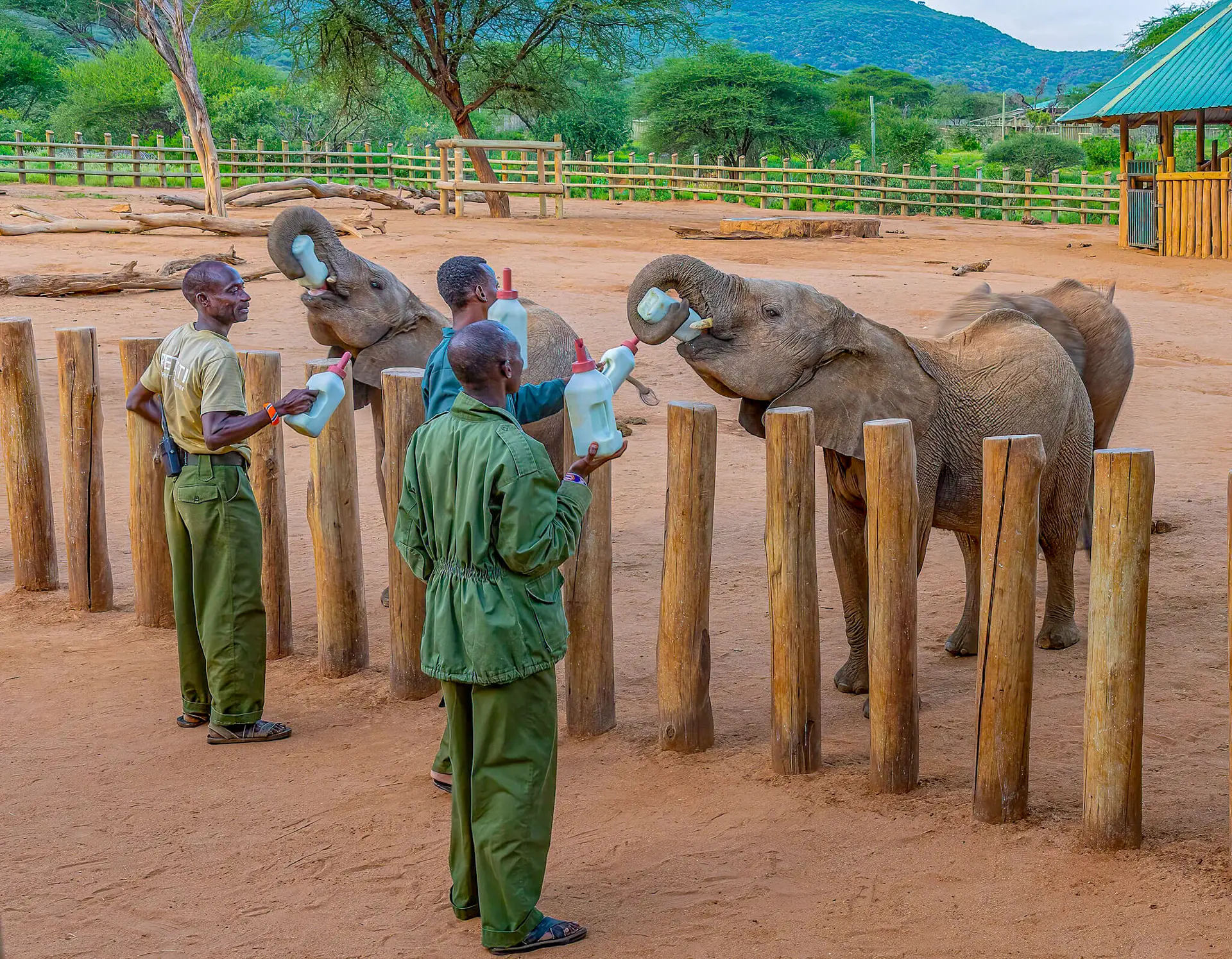Empowering communities for conservation
Human-wildlife conflict is one of the most pressing challenges facing conservation efforts today. It not only threatens wildlife populations but also impacts the livelihoods of communities living near conservation areas. Human-wildlife conflict mitigation and compensation are steps towards building coexistence, focusing on educating communities and introducing digital claims systems for faster, fairer compensation.
Understanding the problem
Human-wildlife conflict occurs when the needs and behavior of wildlife overlap with those of human populations, leading to the loss of crops, livestock, property, and sometimes even human lives. This creates resentment towards wildlife, reducing local support for conservation.
Practical conflict mitigation strategies
Effective conflict mitigation starts with empowering local communities. This includes building predator-proof enclosures, using early warning systems, and training community rangers. Technology, like real-time tracking and alarm systems, can also reduce human-wildlife confrontations.
Natuasili’s role in coexistence
At Natuasili, we believe that travel can be a powerful tool for conservation. By creating immersive, conservation-focused travel experiences, we support communities and help reduce human-wildlife conflict. Travelers who visit conservation areas contribute to local economies, reducing the financial strain that can lead to conflict. They also gain a deeper understanding of the challenges faced by conservationists and local communities, turning their journeys into meaningful contributions to coexistence.
Next steps
To truly address human-wildlife conflict, we need a multi-pronged approach that includes education, technology, and economic support. Through ongoing partnerships and community engagement, natuasili aims to make a lasting impact in this critical area.
Supporting communities through conservation tourism
Conservation tourism can be a game-changer in addressing human-wildlife conflict. By turning wildlife into a valuable asset for local communities, tourism reduces the economic pressure to exploit natural resources unsustainably. For example, conservancies like those in the Maasai Mara provide income through wildlife tourism, encouraging communities to protect rather than hunt wildlife. This approach aligns perfectly with Natuasili mission of promoting conservation through responsible travel.
Empowering the next generation
Another critical aspect of reducing human-wildlife conflict is educating the next generation. By engaging young people in conservation efforts, we ensure long-term support for wildlife protection. Natuasili aims at collaborating with local schools and youth groups, to create awareness about the importance of coexistence and the role of conservation in sustaining their futures.

0 Comment